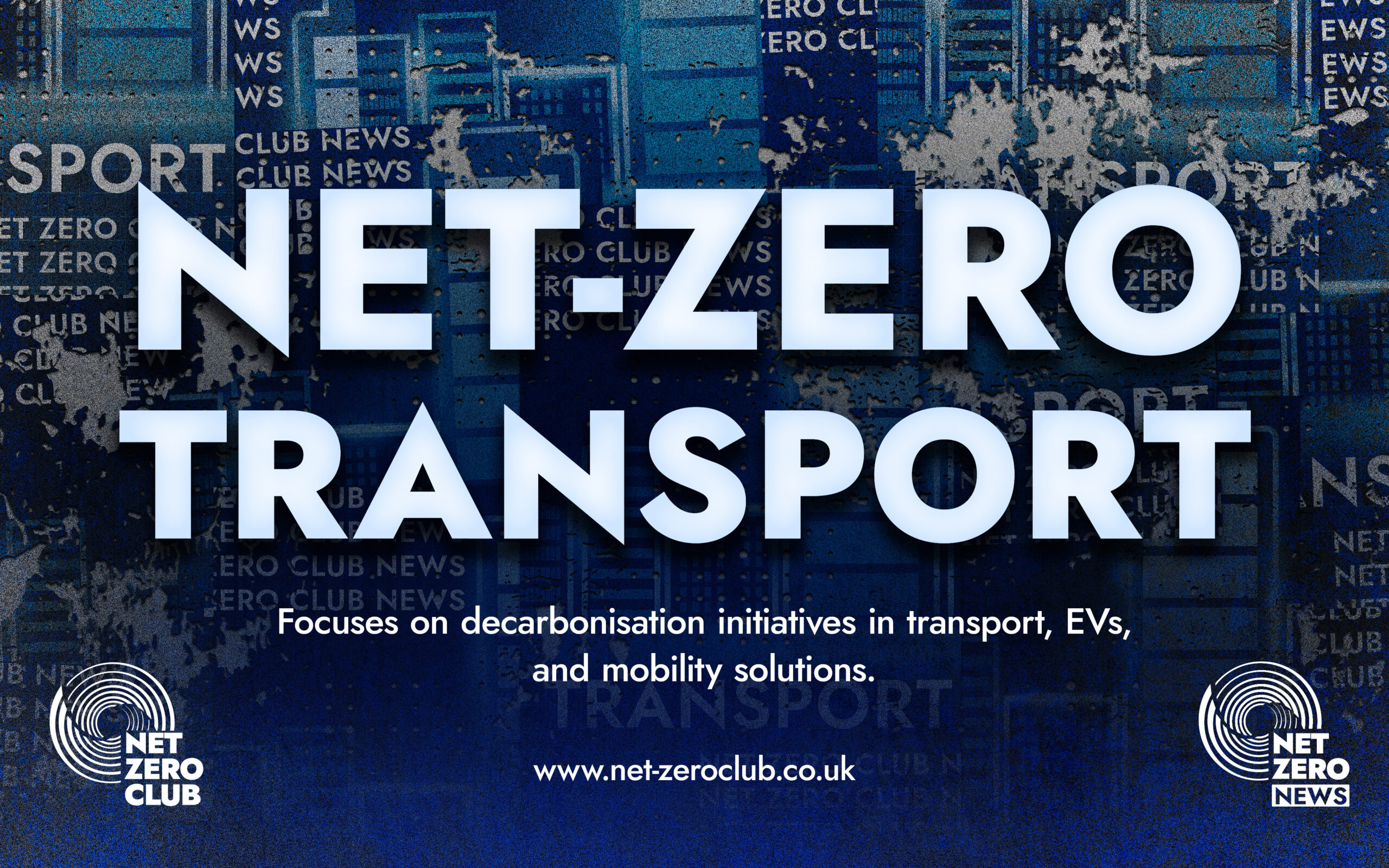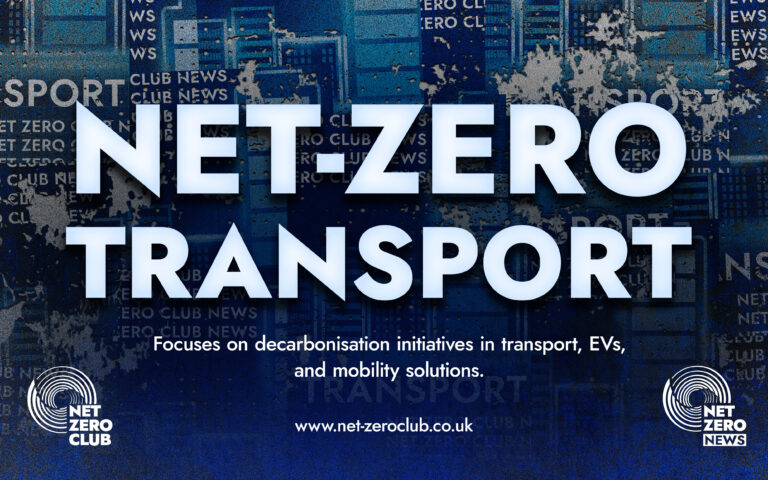FleetCheck: ZEV Mandate for Vans Must Embrace Low-Emission Tech

Welcome, Net Zero News readers,
In a recent call to action, FleetCheck has highlighted the need for a transformative approach to the adoption of electric vans within the UK. The company’s chief executive, Peter Golding, has raised concerns regarding the current Zero Emission Vehicle (ZEV) mandate, suggesting it is insufficient in its current form to achieve the government’s ambitious targets for electric van adoption.
As it stands, the year-to-date market share for fully electric vans sits at a mere 9%. This figure falls alarmingly short of the UK’s ZEV mandate objective, which aims for a 16% market share by 2025, increasing to 24% by 2026. Golding’s assessment paints a worrying picture: without significant intervention, the country is likely to face substantial shortfalls in electric van uptake both this year and next.
One of the most pressing issues contributing to this slow adoption rate is fleet operators’ resistance to electric vans. Golding has identified several key factors, including range limitations, payload capacity, charging speed, and the availability of charging infrastructure. For many operators, these challenges render electric vans “simply not fit for purpose.”
“There is no step change improvement in electric van technology on the horizon to remove these inherent problems,” Golding stated. He further elaborated that as the availability of new diesel vans diminishes, many fleet operators are opting to retain their older vehicles for as long as possible. This trend poses a significant challenge to the government’s goals for reducing emissions in the transport sector.
Golding expressed concern that the government’s current strategy may lead to failure. “It seems to us that a Plan B is needed in the instance that the ZEV mandate for the van market simply doesn’t work,” he cautioned. While the electric car market has seen lower prices and higher incentives to encourage consumer adoption, Golding believes these strategies are not likely to translate effectively to the van sector.
In light of these challenges, Golding proposes an innovative solution: the inclusion of further low-emission technologies within the ZEV mandate. By doing so, he argues, the government could facilitate a gradual transition towards a future dominated by zero-emission electric vans. This multi-faceted approach would allow for a variety of technologies to be employed, creating a bridge while electric vehicle technology continues to develop.
One potential model for this alternative approach can be found in China’s New Energy Vehicle (NEV) scheme. This initiative allows manufacturers to utilise a range of technologies to meet low-emission targets, from battery electric vehicles to hybrids with substantial electric ranges and even fuel cells. Golding contends that a similar strategy could be beneficial for the UK.
“The Chinese approach is to set emissions targets and let the engineers decide which solution will work best,” he explained. “As a result, they are using not just battery electric vehicles but a variety of innovative technologies.”
Golding advocates for a multi-level strategy that would provide incentives for fleet operators to adopt low-emission vans utilising various technologies alongside zero-emission models. This could lead to significant reductions in overall carbon emissions while enabling fleets to operate efficiently.
“Our view is very much that van operators need to be taken on a journey that leads from diesel models to intermediate NEV-style options and then move over to electric vans as the technology improves,” Golding concluded. This progressive pathway could pave the way for a more sustainable future for the van sector, aligning with the broader goals of achieving net-zero emissions.
As the transition towards a cleaner, greener transport system continues to gain momentum, it is crucial for all stakeholders—government, manufacturers, and fleet operators—to collaborate on finding solutions that not only meet emissions targets but also address the practical concerns of those who rely on these vehicles for their livelihoods.
In closing, the time for action is now. The challenges facing the adoption of electric vans are significant, but with innovative thinking and a willingness to embrace a variety of low-emission technologies, the UK can still reach its ambitious goals for a sustainable future. Let us hold our leaders accountable and advocate for the change necessary to drive this industry forward.

 Got net-zero news, project updates, or product launches to share?
Got net-zero news, project updates, or product launches to share? 
